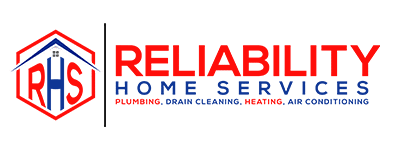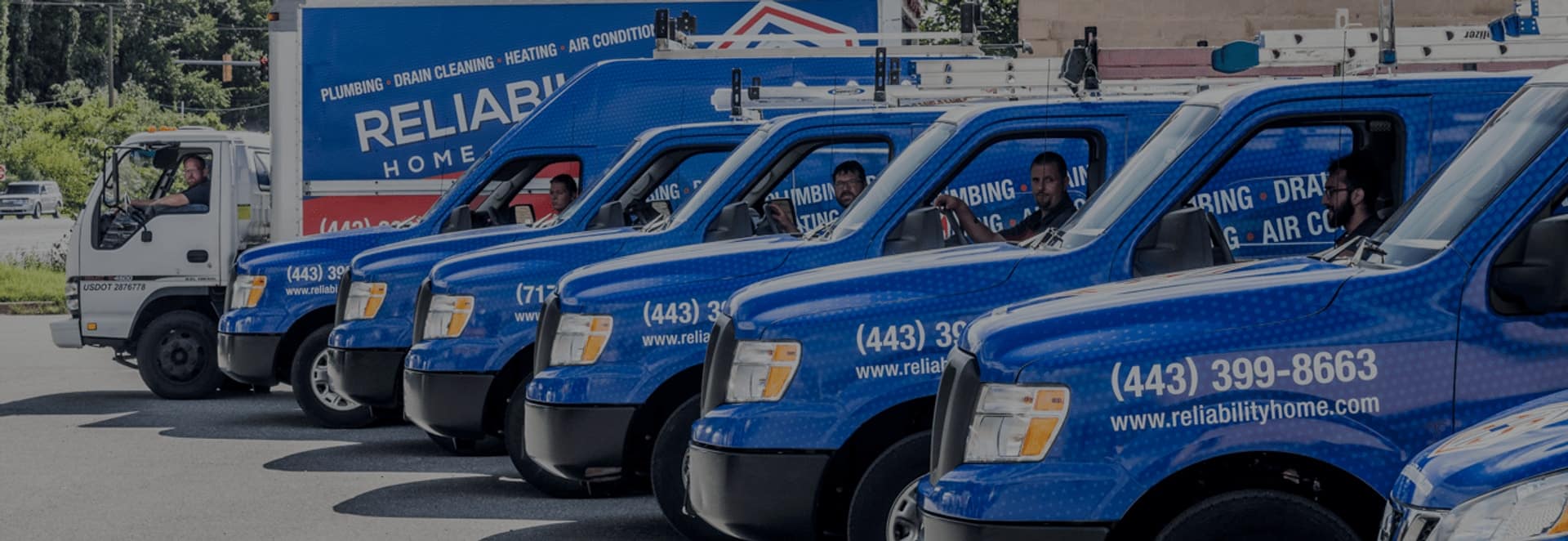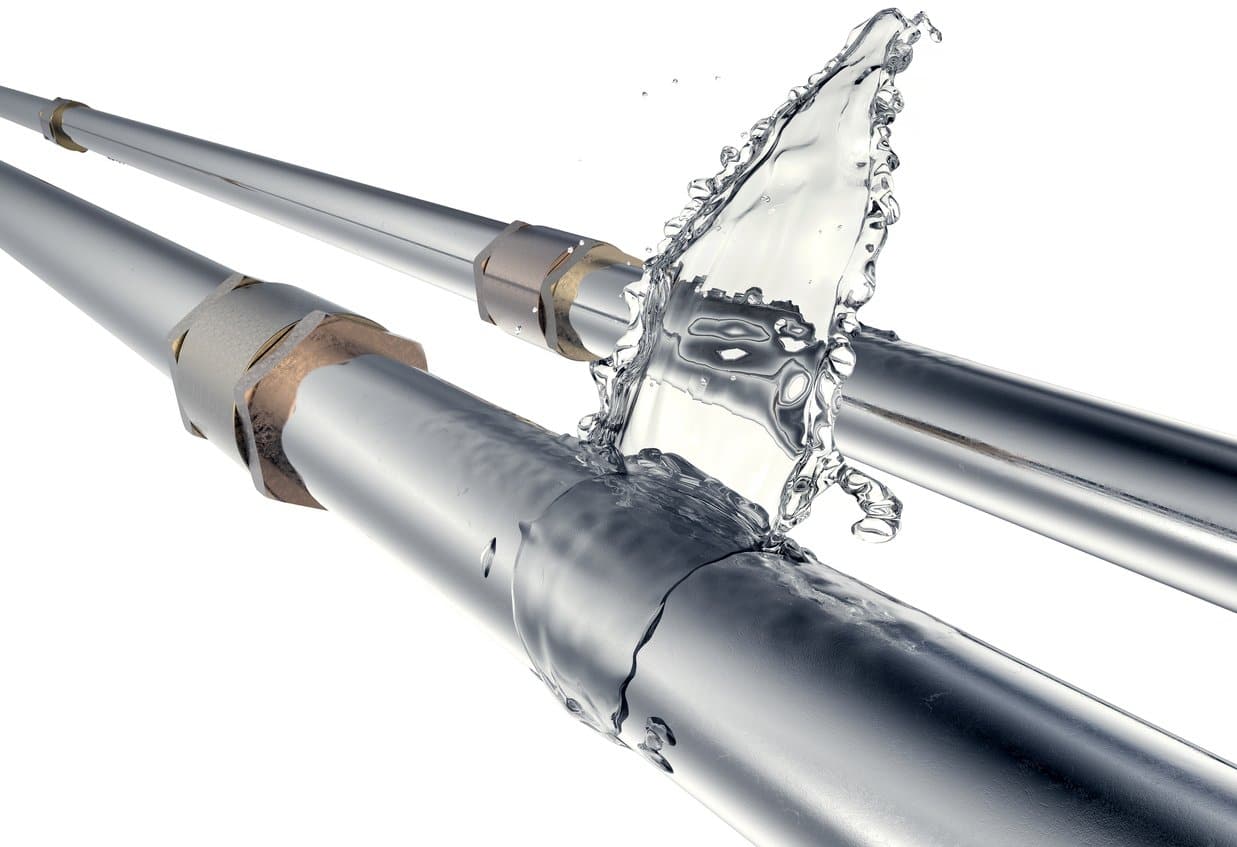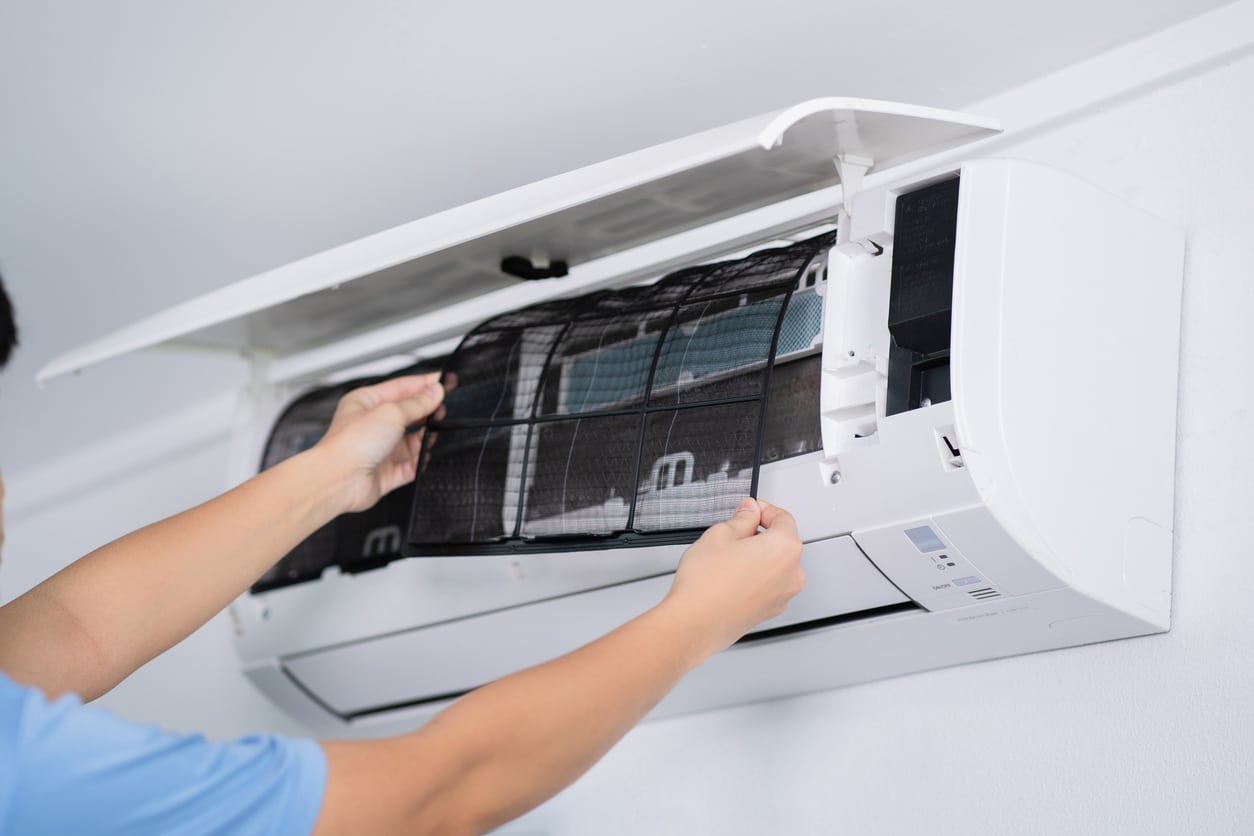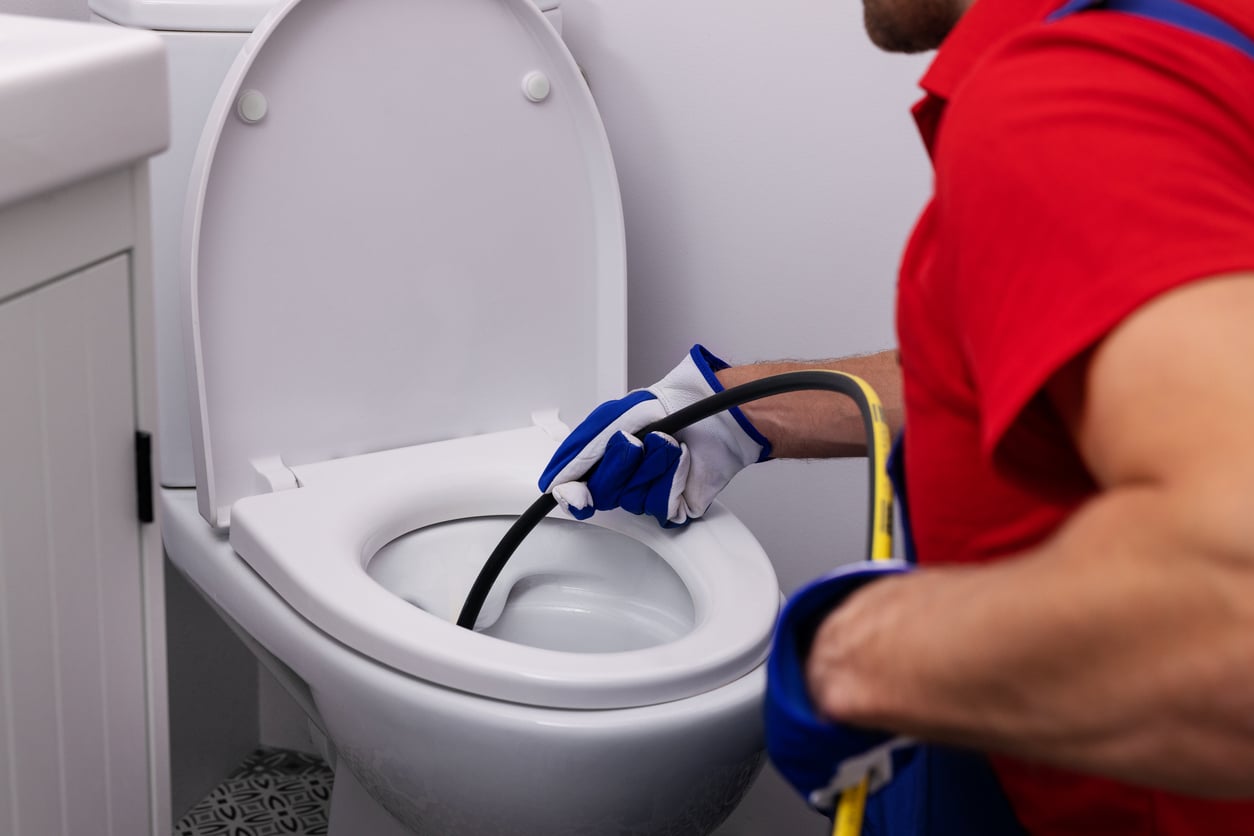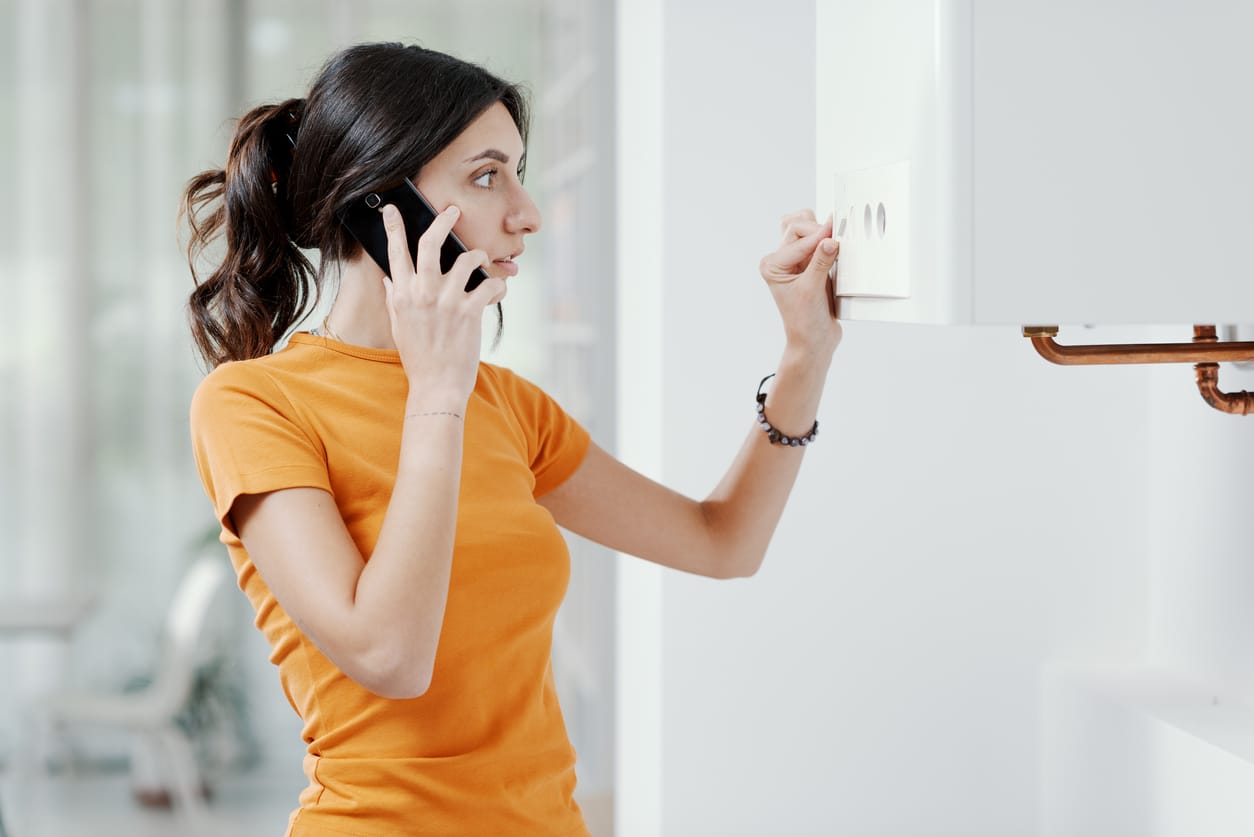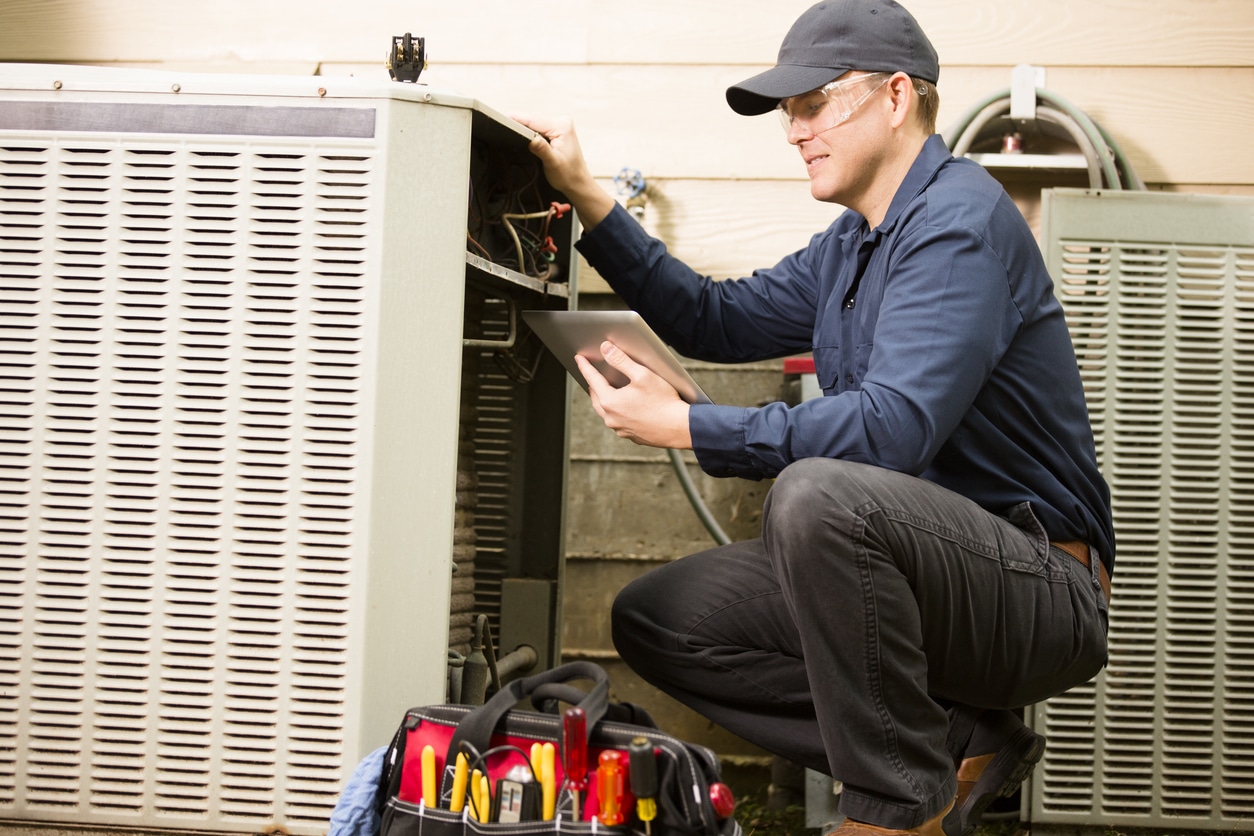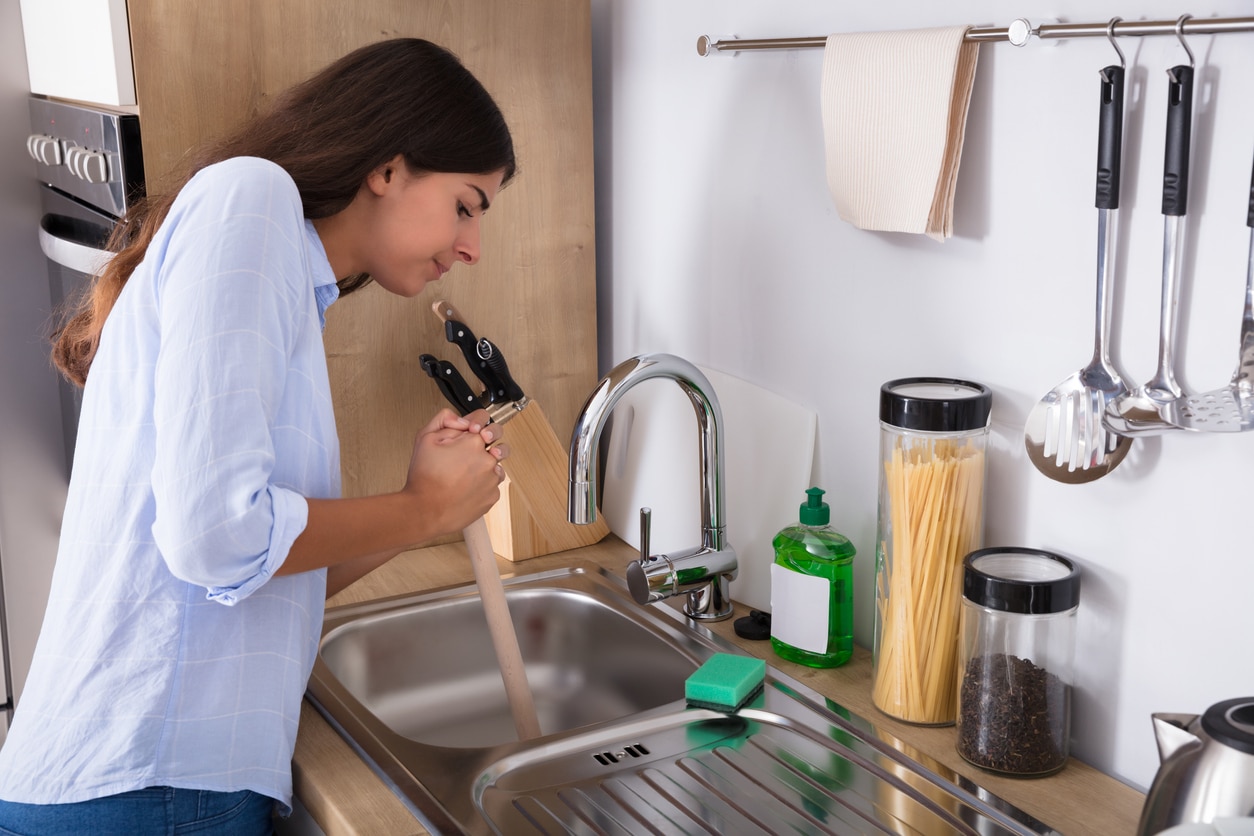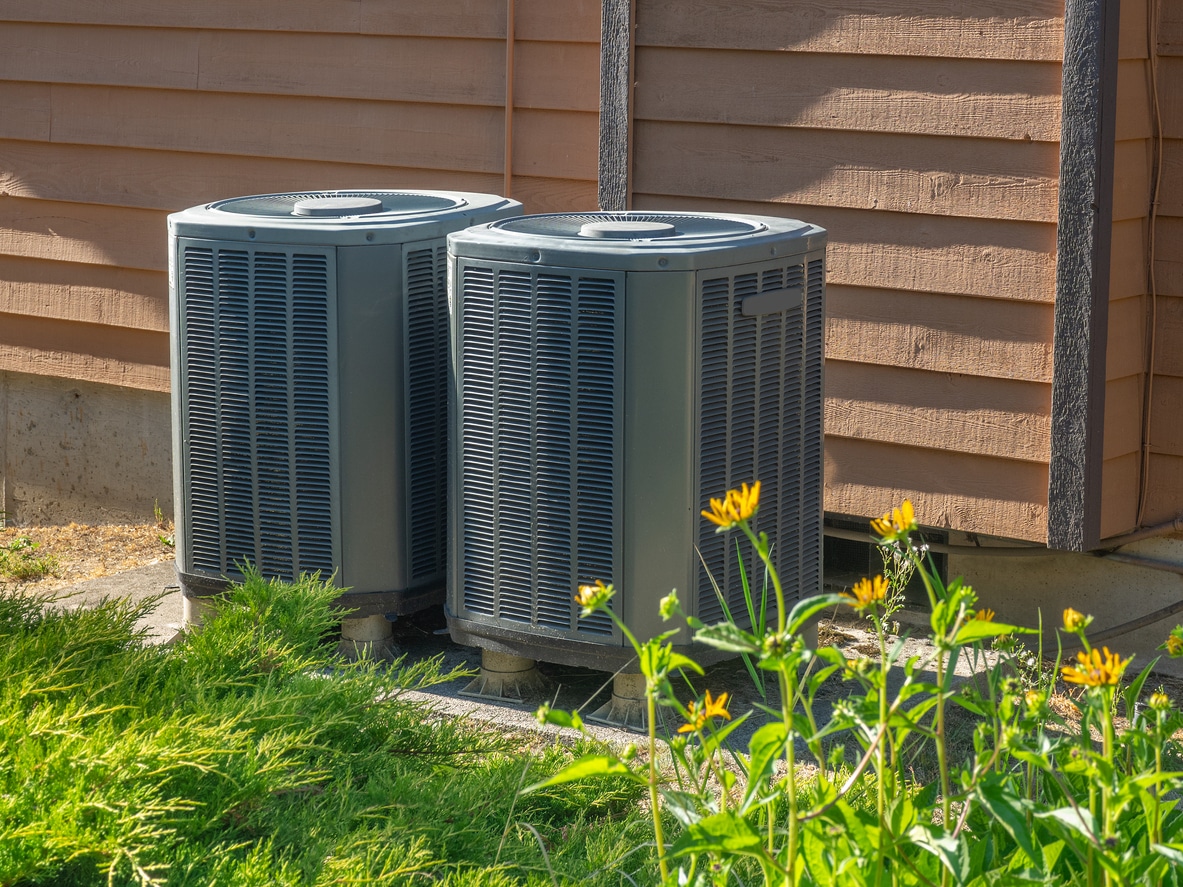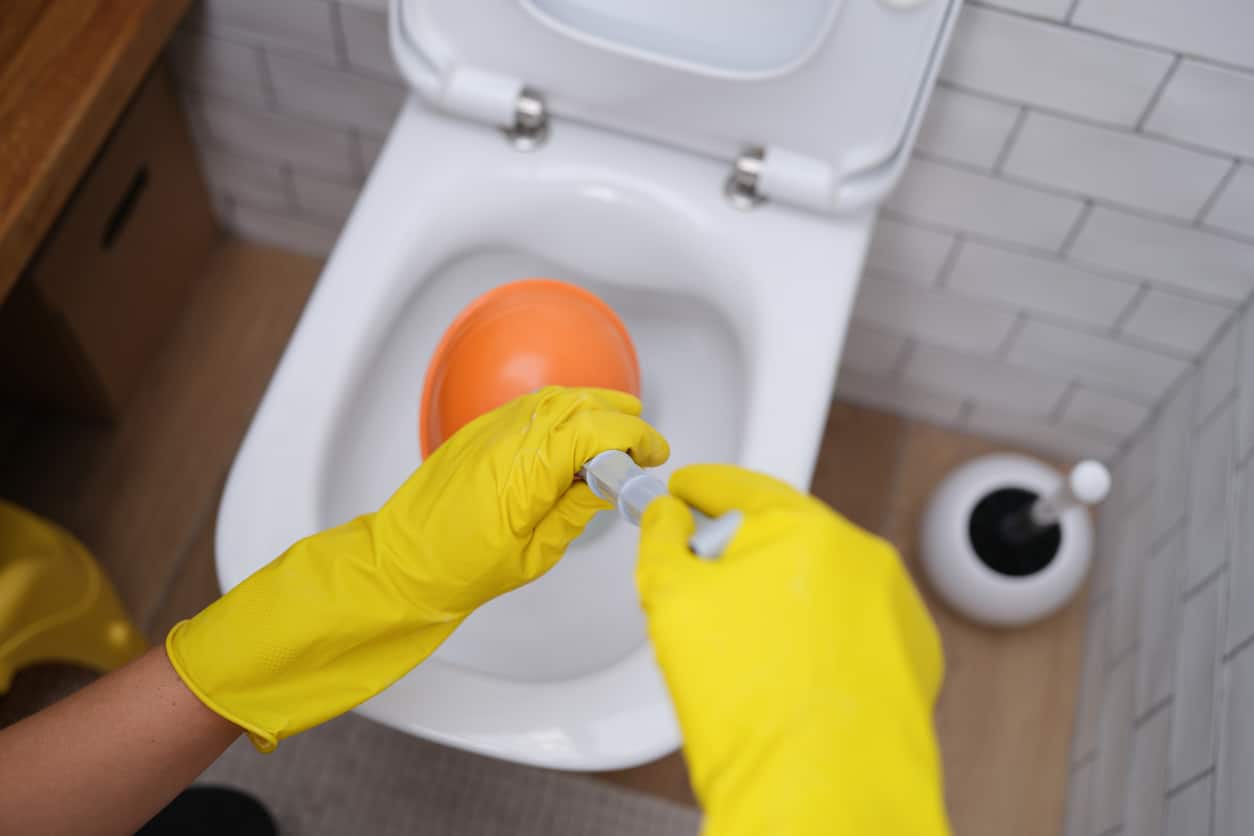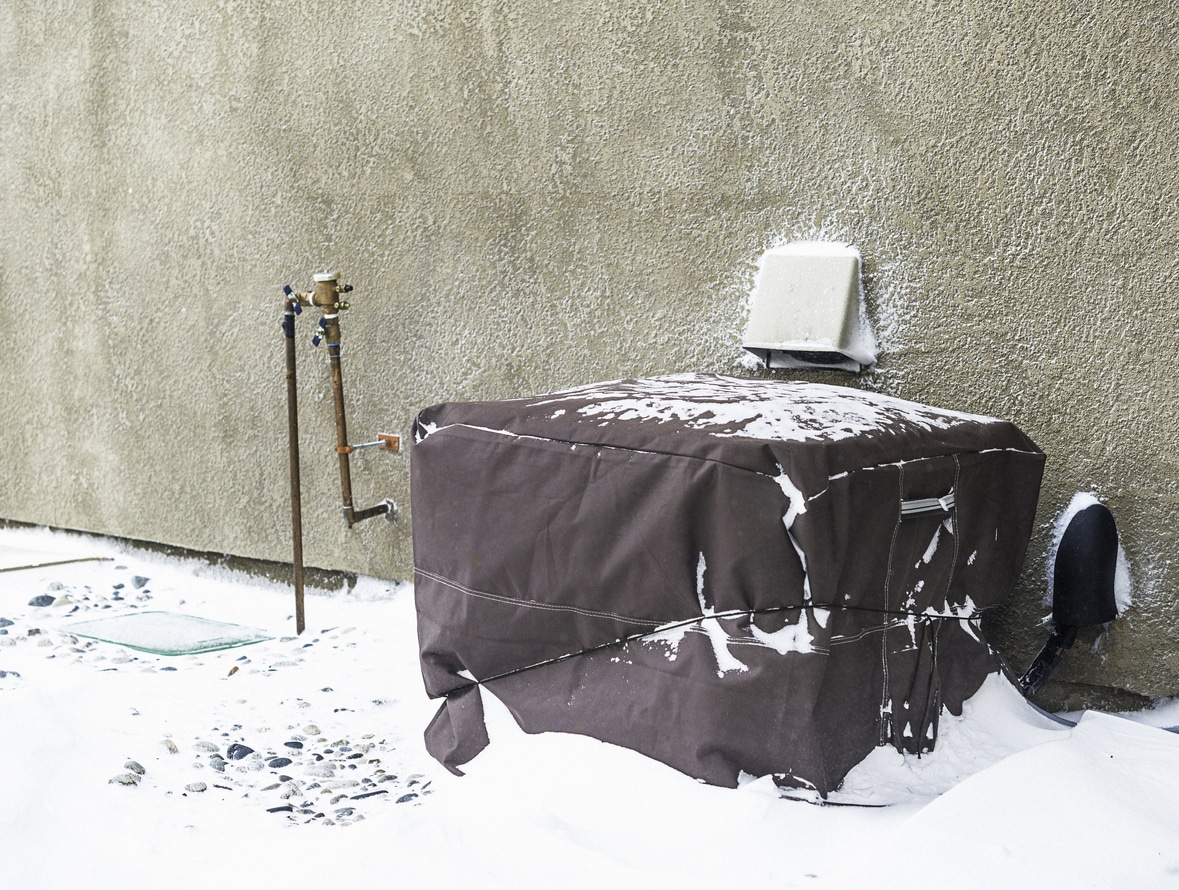In the scheme of things, a burst pipe in Dundalk is one of the worst plumbing problems. They are notorious for causing property damage, requiring costly repairs, and creating a major headache for a homeowner. While it may be too late for some people to avoid a burst pipe, you still have time to keep it from happening to you. Find out why you might need a burst pipe repair and take measures to prevent the plumbing disaster from affecting you.
1. Freezing Temperatures
Anytime the temperature drops below zero, your plumbing is in danger. Extremely low temperatures cause the water in your pipes to freeze. Although your pipes give the water some protection from the elements, they don’t provide enough protection against the coldest of temperatures.
When it becomes too cold outside, the water in your pipes freezes in place. When water travels through your plumbing, it reaches the frozen section and puts pressure on your pipe. It’s only a matter of time before the pressure is too much and the pipe bursts.
To prevent this from happening and limit your need for an emergency plumbing service, keep the water flowing. If you plan a winter vacation, turn on your faucets and let them drip.
2. Tree Roots
You probably don’t have any plans to plant a tree in your plumbing. However, an old tree in your yard might already be doing just that. When trees grow, their roots spread out in search of moisture and nutrients. Sometimes, they grow into water pipes.
Although your pipes are strong, they’re not strong enough to keep thick tree roots out. The roots could put enough pressure on your pipes to make them crack and burst.
As you do your gardening, consider the placement and size of new trees. Keep them far away from your plumbing. If you buy a home with existing trees, there’s not much you can do about the tree placement. That said, you can be diligent about having a plumber inspect your system every year.
3. Corroding Pipes
Depending on when your home was built and who did the plumbing, your pipes could be one of several different materials. If you have steel pipes, they are likely to corrode over time. The corrosion weakens your pipes, eventually causing them to burst open.
Most plumbers don’t use steel pipes anymore, but years ago they did. Owners of older homes may consider repiping their homes to have copper or plastic pipes. Because both materials are resistant to corrosion, they are less likely to burst.
4. Earth Shifts
The soil around your home isn’t set in place. If a neighbor does construction, the soil around the site shifts. Unfortunately, this could put your pipes in danger of bursting.
The moving soil puts added pressure on your pipes, and that leaves you on the hook for an expensive repair. Sadly, there’s not much you can do about this. You could ask the construction crew to be cautious about their placement of earth piles, but beyond that, you’re at the mercy of the ground.
5. Too Much Water Pressure
Your plumbing is only capable of so much. Usually, the ideal water pressure for your pipes is between 40 and 45 psi. If the pressure starts to approach 60, you’re likely to experience a burst pipe.
What could cause this increase in pressure? The issue could be a block in the plumbing that slows down water but then speeds it up. Alternatively, your municipality could have a problem that results in The water pumping in too quickly.
If you notice an increase in your water pressure, don’t wait for your pipe to burst. Be proactive and call for help.
6. Blockage in Your Pipe
It’s no secret that a clog in your pipes is an inconvenience. However, did you know that a clog is also a danger? As a blockage gets larger, it slows the flow of water and makes pressure build in your pipes. At some point, the pipes won’t be able to withstand the pressure and will crack or burst.
No matter how hard you try, you can’t keep your plumbing from clogging. Practically anything can block your drains, including soap scum and hair. You may not be able to entirely prevent clogs, but you can limit them by being cautious of what goes down your drains.
Additionally, you should have an annual plumbing inspection and drain cleaning. Your plumber can identify clogs and remove them long before your pipes break and cause an emergency situation.
Why You Should Avoid Needing Burst Pipe Repair
A burst pipe doesn’t always result in a huge gush of water. But it will cause water to seep out of your pipes, and that comes with a long list of consequences.
When the water leaks into your home, mold begins to grow. Even if you try to remove it, the mold will regrow. In high moisture environments, it’s impossible to keep mold away. There’s also the issue of structural integrity. Water and structures don’t mix well together. As water bursts or leaks into your home, it does significant damage. That damage could affect the frame of your home.
If your structure remains intact, you still have other damage to consider. Your carpets, flooring, and furniture might be destroyed. When a pipe bursts, the damage is extensive.
When to Call the Plumber
If you have even the slightest reason to suspect a burst pipe, call the plumber. There’s no benefit to waiting, and a burst pipe isn’t a DIY repair. To fix your pipe, a plumber will use the right tools and years of experience.
You don’t need to wait for a plumbing emergency to call for help. Before you have a burst pipe, look for signs of trouble. Know your plumbing and seek help when you have a clog or slow leak.
Here at Reliability Home Services, you can trust us with your Dundalk burst pipe repair. Our emergency plumbers act quickly to get to your location and handle the repair. The next time you need assistance, reach out to us.
